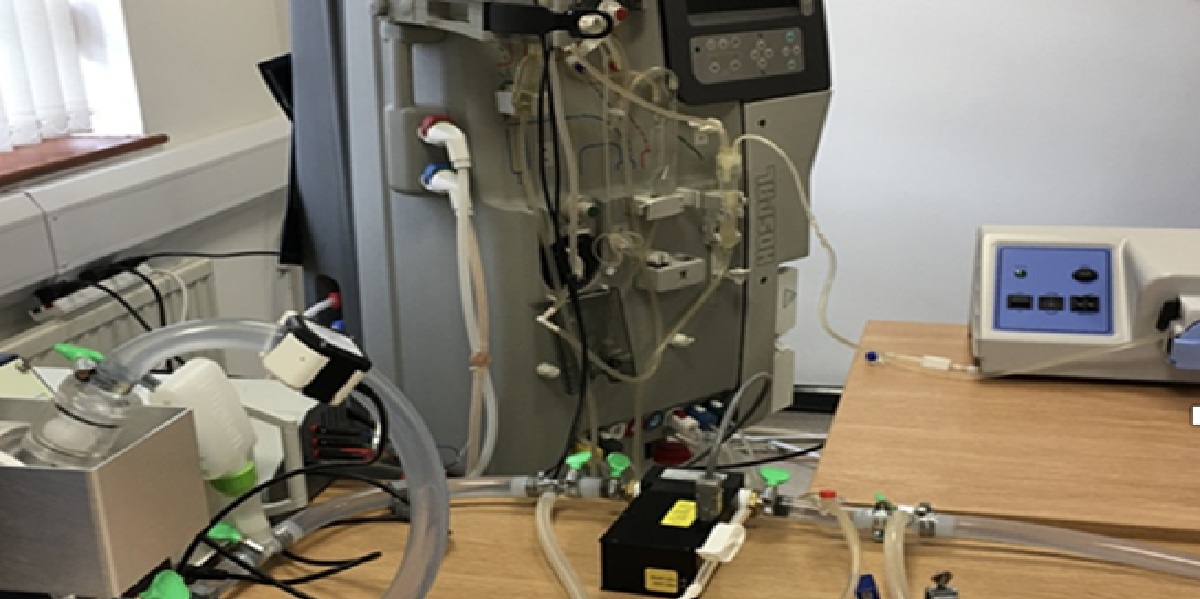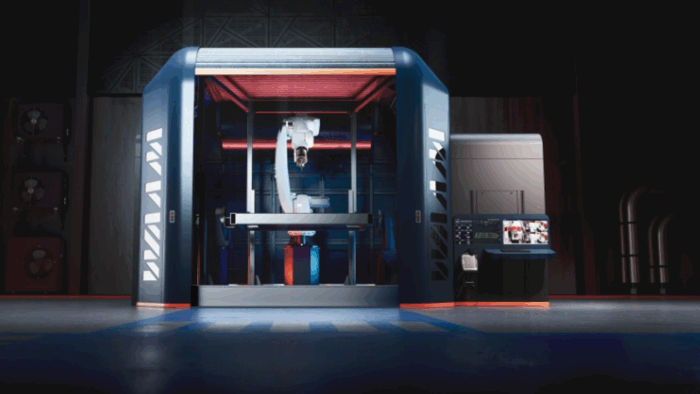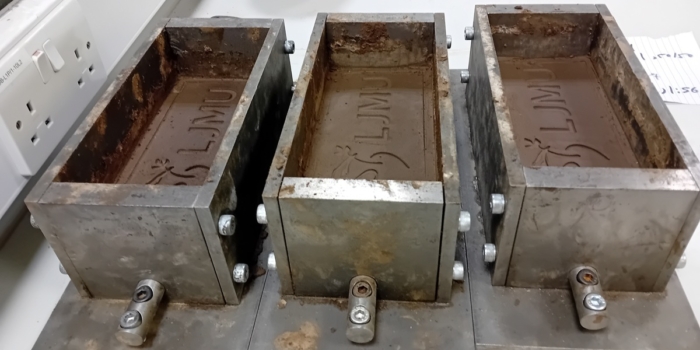University of Derby
Keywords: MedTech, CKD, Renal Dialysis, Continuous non-invasive Blood Pressure Measurement, Blood Pressure Estimation, Hypotension Prediction, Sensor Data Fusion, Machine Learning
Sector: digital and technologies, Med Tech
Project leads: Professor Paul Stewart Professor of Control and Systems Engineering, PI, University of Derby; Professor Maarten Tall Professor of Medicine and Honorary Consultant Nephrologist, PI, University of Nottingham; Professor Nick Selby Professor of Nephrology, Co-I, University of Nottingham; Professor Jill Stewart Professor of Systems Modelling and Optimisation, Co-I, University of South Wales
Project collaborators: Dr Bethany Lucas, NIHR Doctoral Fellow, University of Nottingham; Dr Daniella Viramontes-Horner, Research Fellow, School of Medicine, University of Nottingham; Dr Tarek Eldehni, Consultant in Nephrology, Royal Derby Hospital; Dr Kelly White, Senior Renal Research Nurse, University Hospitals Derby and Burton
Issues addressed by the project
Kidney Care UK estimates 40-45 000 premature deaths occur each year due to chronic kidney disease. The iTrend project (Intelligent Technologies for Renal Dialysis and Diagnostics) at the University of Derby is a multi-institutional initiative focused on improving outcomes for patients with end-stage renal disease (ESKD) undergoing dialysis. Issues addressed by the iTrend project are:
- Inadequate Monitoring During Dialysis: Traditional dialysis monitoring often fails to provide real-time, fine-grained insights into patient health dynamics, especially regarding blood pressure and cardiovascular stability. Fluctuations can lead to dangerous events, including intradialytic hypotension; a sudden drop in blood pressure-which is a major contributor to patient morbidity.
- Personalisation and Data Deficits: Standard care approaches do not adapt to individual patient needs, and the use of generic thresholds means that treatment might not be optimal for many dialysis patients. There’s a need for technologies that leverage patient-specific data to guide interventions during dialysis sessions.
- Integration and Interpretation of Complex Physiological Data: The large volume and complexity of physiological signals generated during dialysis are underutilised. Healthcare providers have limited capacity to interpret all this data in real time and convert it into actionable clinical decisions.
Future impact of the project
- Continuous, Non-Invasive Blood Pressure Monitoring: iTrend has developed novel sensor technologies, enabling continuous, non-invasive blood pressure tracking during dialysis. This capability provides much richer datasets for both clinicians and researchers to identify, predict, and prevent adverse cardiovascular episodes during treatment.
- Intelligent Data Analysis and Decision Support: The project’s most recent phases are deploying advanced data analytics-including machine learning-to process the data from these novel sensors. This aims to support clinicians in making real-time, personalised decisions to pre-empt hypotensive episodes and other complications.
- Synthetic Human Cardiovascular System (Steve): A synthetic cardiovascular platform, nicknamed “Steve”, was created to simulate and test interventions and new sensors in a controlled way. This enables the safe development and validation of new dialysis monitoring technologies under physiologically realistic conditions before patient trials.
- Recognition and Broader Impact: iTrend has been identified as one of the UK’s ‘Nation’s Lifesavers’ with its integration of advanced sensor and data monitoring cited as offering life-changing potential for dialysis patients. The project has received multi-year and multi-million-pound funding due to its potential to transform standard care and address a population (over 70,000 people in the UK on dialysis) at high risk of hospitalisation and premature death from cardiovascular events.
- Translational Ambition: As of 2024, the project’s ‘final phase’ is investigating AI-driven decision support tools for selecting intervention strategies. The long-term vision is to set new standards for personalised kidney care and reduce preventable adverse events from dialysis.
Place-based local and regional benefits
- Health and Clinical Outcomes: iTrend’s advanced monitoring and personalised dialysis technologies directly benefit local patients with end-stage renal disease, improving safety and reducing complications for individuals in Derby and the region who rely on Royal Derby Hospital and associated NHS services.
- Innovation and Reputation: The project positions Derby as a hub for medical technology innovation, raising the profile of local universities and hospitals as leaders in digital health and intelligent systems. This reputation attracts further investment, research talent, and collaborative opportunities.
- Economic Impact: By fostering partnerships with local NHS trusts, the University of Nottingham, and regional stakeholders, iTrend helps secure research grants and philanthropic funding (notably from Derby-based MStart Trust). Such investments contribute to the local knowledge economy, create research jobs, and stimulate opportunities for businesses specialising in health tech and data analytics.
- Skills and Workforce Development: Collaboration on iTrend provides hands-on experience and high-skilled employment for local students, graduates, and researchers. It helps build a talent pipeline in digital health and data science, vital for future regional growth and healthcare innovation.
- Healthcare System Efficiencies: By reducing adverse dialysis events, iTrend can lower NHS costs in the region (fewer hospitalisations, shorter stays), freeing up resources to address other local health priorities. As best practices spread, cost savings and improved care can benefit the wider Midlands area.
- Business and SME Support: The University’s broader support structures, including spin-outs and SME engagement, are strengthened by flagship projects like iTrend. This encourages local businesses to participate in health innovation and adopt new technologies.
National and global benefits
The global dialysis population is rapidly growing, with over 3 million people currently receiving dialysis, primarily in high- and middle-income countries. Cardiovascular complications during or after haemodialysis are a leading cause of premature death in this group. Up to 30% of dialysis patients in high-income countries and up to 98% in low-income countries suffer early mortality, largely due to insufficient monitoring and lack of timely intervention. iTrend’s innovations directly target these events, aiming to pre-empt them with real-time, personalised monitoring.
If iTrend technology, continuous non-invasive monitoring with AI-guided intervention, were adopted globally, it could theoretically reduce tens of thousands of premature deaths annually.
- CKD affects about 700 million people globally; up to 10 million require kidney replacement therapy (dialysis or transplant).
- In places where dialysis access exists, cardiovascular events cause about 30-40% of annual deaths among these patients-totaling several hundred thousand premature deaths each year worldwide.
Level of investment and timescale
iTrend Intelligent Technologies for Renal Dialysis has been funded £2M by the MStart Trust via iTrend Ltd from November 2017 until September 2026.
DIAMONDS Digital Monitoring for Decision Support has been given the Stoneygate Award: Kidney Research UK worth £600,000.
Risk vs reward
As an R&D medical technology project, the risks include technological challenges, clinical validation complexities, regulatory approvals, and healthcare system adoption uncertainties. There’s also the risk of the technology not achieving expected clinical or cost-effectiveness at scale.
The potential rewards are substantial-improving safety for the more than 70,000 dialysis patients in the UK alone, reducing global premature deaths by potentially tens of thousands annually, lowering healthcare costs, and establishing a scalable platform for personalised kidney care.
Even a modest reduction (e.g., 10%) in dialysis-related cardiovascular mortality due to better monitoring and intervention could translate to over 10,000-20,000 lives saved per year.Successful commercialisation could position the University of Derby and its academic partners as global leaders in renal care technology, attracting further investment and innovation opportunities.
Improved dialysis monitoring results in fewer hospitalisations, lower healthcare costs, and better patient quality of life. This benefit would be especially significant in low- and middle-income countries, where loss to follow-up and discontinuation rates are high due to unaddressed complications and costs. This is significant given that the economic burden of CKD and dialysis constitutes up to 25% of national health budgets in some countries
Further aspects
“Steve” was developed as a hybrid analogue-digital twin and has been a phenomenal platform for the iTrend team to develop novel sensors and methodology to address complications and patient morbidity during dialysis. The Steve platform now presents an opportunity to develop sensors and technologies for other cardiovascular conditions. These include continuously monitoring blood flow in diabetic foot conditions, and investigating the cause and development of arteriovenous fistula at the patients dialysis access site.
The project fits into a wider trend of digital health innovation for dialysis, including advances in remote monitoring, telehealth, automated sensors, and predictive analytics. These collectively help improve patient quality of life and reduce the healthcare burden globally




